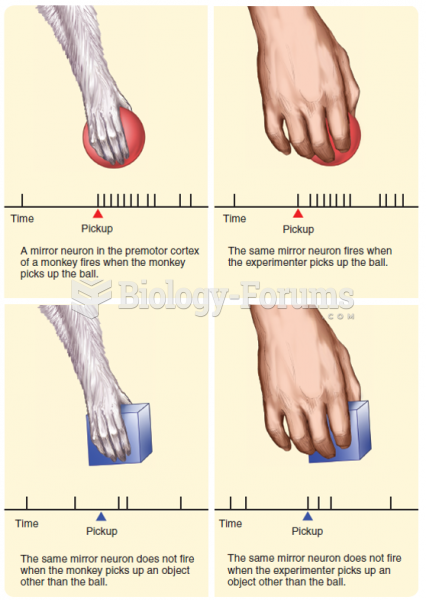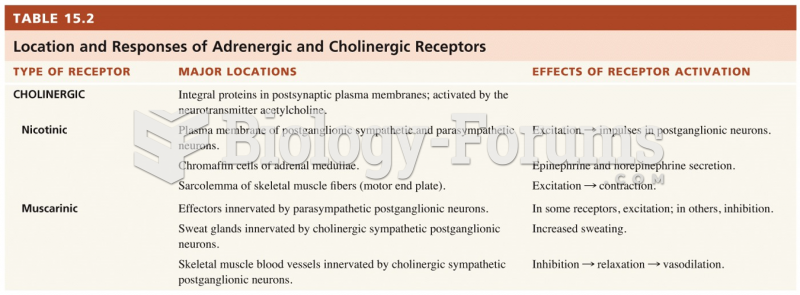Answer to Question 1
Answer: C
Explanation: A) Incorrect. Imagination focuses on experimentation, unique ideas, and revolutionary thinking. Fast competitive responses are more representative of investment creativity.
B) Incorrect. Improvement focuses on incremental improvements, systematic approaches, and careful methods. Fast competitive responses are more representative of investment creativity.
C) Correct. Fast competitive responses are more representative of investment creativity, which focuses on rapid goal achievement and attacking problems directly.
D) Incorrect. Incubation focuses on the use of teamwork, empowerment, and trust-building. Fast competitive responses are more representative of investment creativity.
Answer to Question 2
Answer: A
Explanation: A) Correct. Analytical problem solving is appropriate when relevant information is available and the problem is straightforward. Creative problem solving is only needed when the problem is unique or complex, when sufficient information is unavailable, or when unprecedented alternatives need to be generated.
B) Incorrect. Creative problem solving is only needed when the problem is unique or complex, when sufficient information is unavailable, or when unprecedented alternatives need to be generated. Analytical problem solving is appropriate when relevant information is available and the problem is straightforward.
C) Incorrect. Creative problem solving is only needed when the problem is unique or complex, when sufficient information is unavailable, or when unprecedented alternatives need to be generated. However, analytical problem solving is appropriate when relevant information is available and the problem is straightforward.
D) Incorrect. Though analytical problem solving is appropriate here, creative problem solving is only needed when the problem is unique or complex, when sufficient information is unavailable, or when unprecedented alternatives need to be generated.







